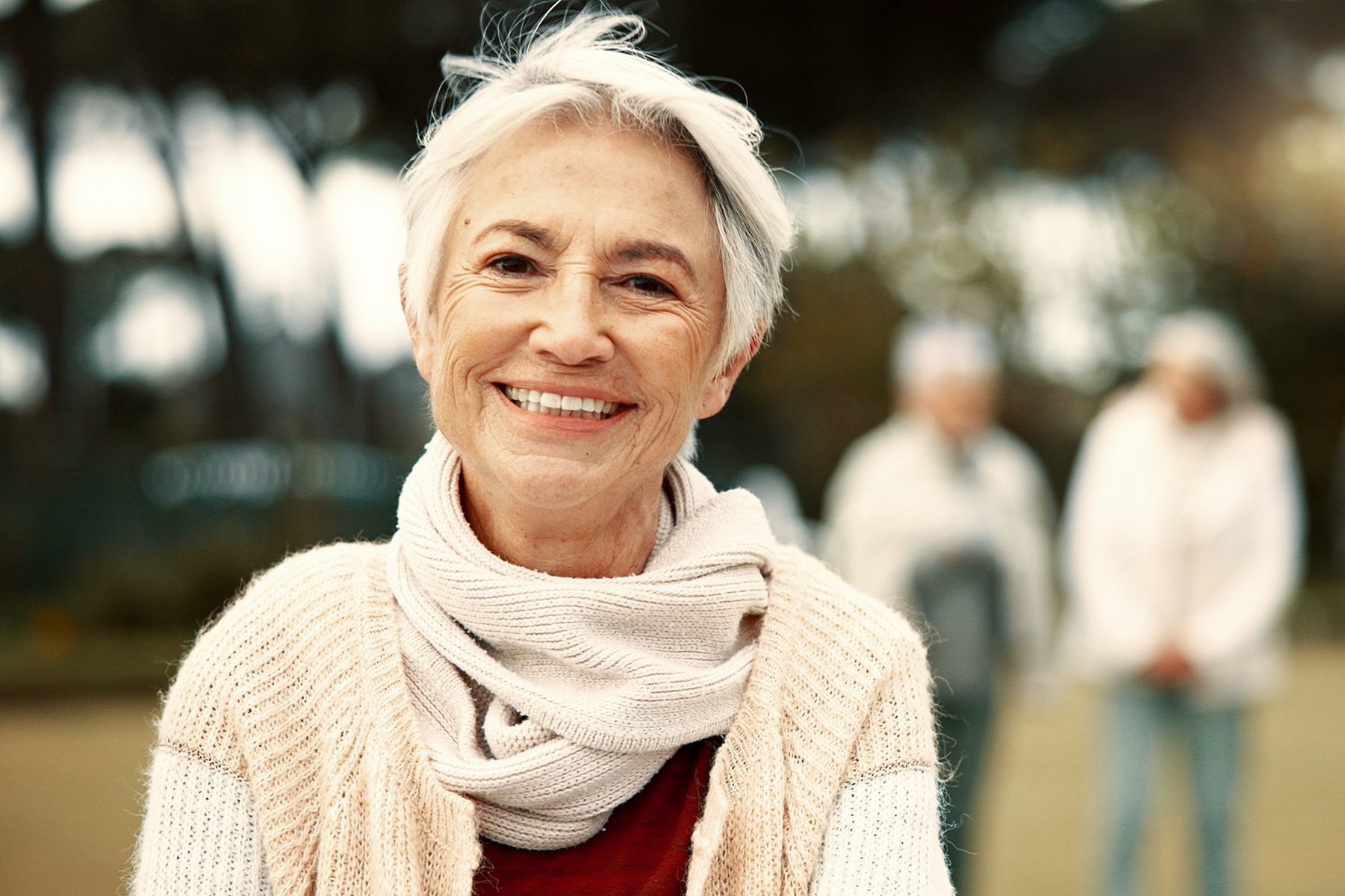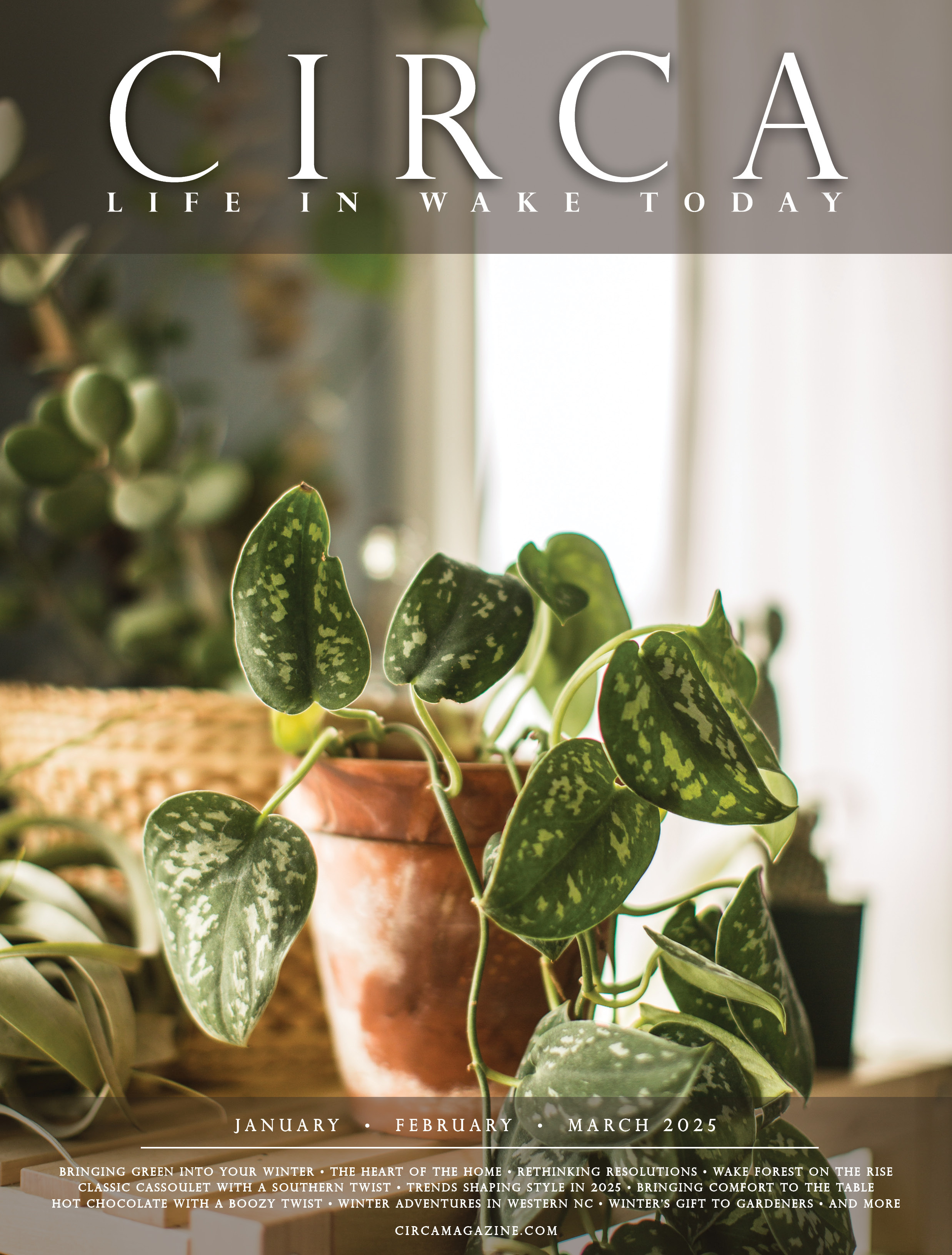Preparing For Winter
Tips For Caregivers And Seniors

As the cool air of autumn will soon give way to the chill of winter, now is the perfect time for caregivers and seniors to start preparing for the colder months ahead. Ensuring safety, health, and well-being throughout winter requires more than just the basics of staying warm and having sufficient supplies. By taking proactive steps this fall, you can make a significant difference in navigating the challenges of the upcoming season. Here are five often-overlooked tips to help seniors and their caregivers get ready for winter before it arrives.
Upgrade Home Lighting for Shorter Days: With the shorter days and longer nights of winter, the risk of falls and accidents increases, especially for seniors. Poor lighting in and around the home can be particularly hazardous. Upgrading to brighter, energy-efficient LED bulbs can improve visibility. Additionally, consider installing motion-sensor lights in key areas like hallways, staircases, and entryways to help seniors safely navigate their homes without fumbling for light switches in the dark.
Create a Winter Wellness Kit: While it’s common to prepare an emergency kit with essentials like food, water, and medications, a winter wellness kit tailored to seniors’ specific needs can be incredibly beneficial. Include items like moisturizing lotions and lip balms to prevent or treat dry skin and chapped lips, hand warmers for those chilly days, and a supply of high-quality multivitamins to support the immune system. Also, consider adding a UV lamp or light therapy box to help combat seasonal affective disorder (SAD) and maintain mental health during the darker months.
Plan for Safe Outdoor Activity: Staying active is crucial for seniors’ physical and mental health, even when the temperatures drop. Instead of avoiding the outdoors entirely, plan for safe outdoor activities. Ensure seniors have appropriate cold-weather clothing, including non-slip boots to prevent falls on slick or icy surfaces. If outdoor walking isn’t feasible, consider indoor alternatives like mall walking or using a treadmill at home. Encourage activities that can be done indoors but still provide exercise, such as chair yoga or light strength training.
Optimize Home Humidity Levels: Winter often brings dry air, which can exacerbate respiratory issues and dry out skin and mucous membranes, making seniors more susceptible to infections. Using a humidifier to maintain optimal humidity levels (around 30-50%) in the home can help alleviate these problems. Regular cleaning and maintenance of the humidifier are essential to prevent mold and bacteria growth. Adding indoor plants can also help increase humidity and improve air quality.
Review and Update Home Safety Measures: Fall is an excellent time to review and update home safety measures. Check and replace batteries in smoke and carbon monoxide detectors, as the upcoming use of heaters and fireplaces increases the risk of carbon monoxide poisoning. Once winter arrives, ensure that pathways and driveways are clear of ice and snow, and consider hiring a service or arranging for help if needed. Also, make sure that seniors have access to a charged phone and emergency contact numbers are readily available.
Preventing Seasonal Illnesses and Managing Winter-Related Depression: Beyond preparing the home and daily routines, preventing seasonal illnesses and managing winter-related depression are crucial for seniors’ well-being.
– Stay Vaccinated: Ensure that seniors receive their flu shot and other recommended vaccines, such as the pneumonia vaccine.
– Maintain Good Hygiene: Encourage regular hand washing and the use of hand sanitizers to reduce the risk of infections. Clean frequently touched surfaces regularly.
– Hydrate and Eat Healthily: Despite the cold, staying hydrated is vital. Incorporate a variety of fruits and vegetables into the diet to boost the immune system. Warm soups and stews can be nutritious as well as comforting.
– Stay Connected: Social isolation can contribute to depression. Facilitate regular check-ins with family and friends through phone calls, video chats, or safe in-person visits.
– Engage in Hobbies: Encourage activities that bring joy and purpose, such as reading, knitting, or solving puzzles. Staying mentally active can stave off feelings of loneliness and boredom.
– Seek Professional Help If Needed: If symptoms of depression persist, don’t hesitate to seek professional help. Many therapists offer telehealth services, making it easier to access support.
Winter can be a challenging season for seniors and their caregivers, but with thoughtful preparation and proactive measures, it can also be a time of comfort and safety. By considering these tips now, before falls turns to winter, seniors – and their caregivers – can face the colder months with great peace of mind and well-being.
Carla Payne
Owner of Aging Care Matters, LLC; a certified care manager; and southeast chapter president of The Aging Life Care Association®.
- www.AgingCareMatters.com
- 919-525-6464

